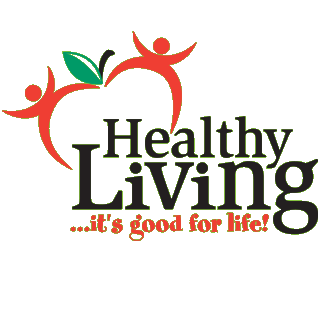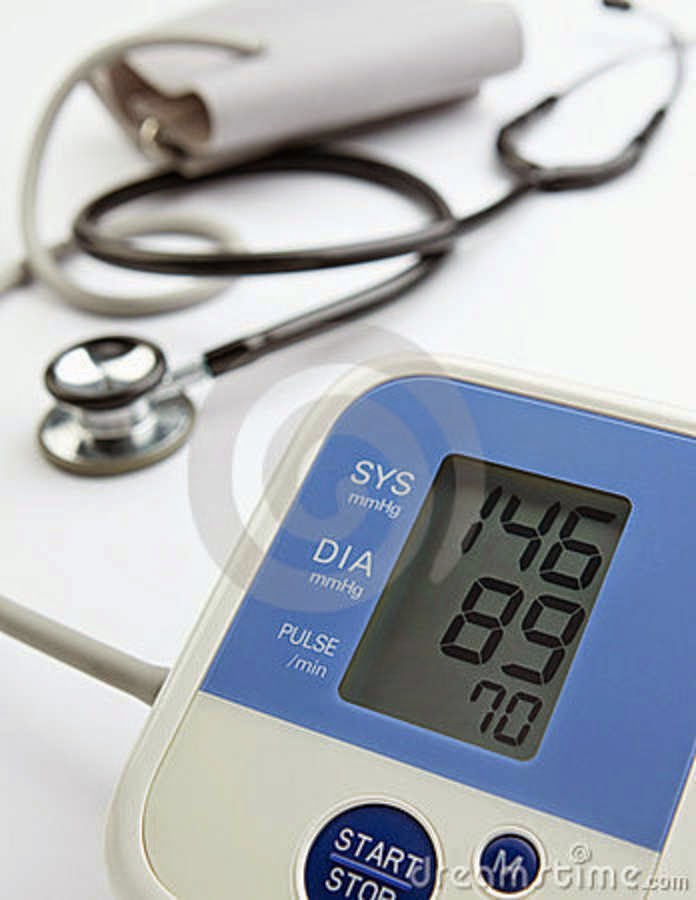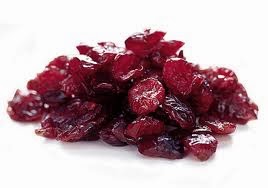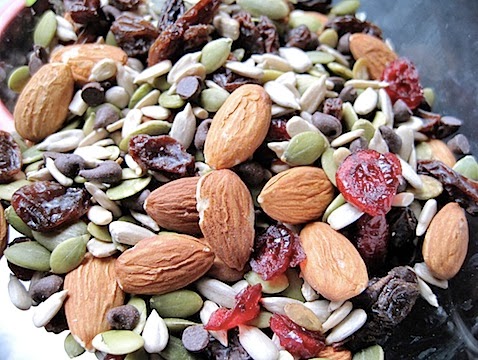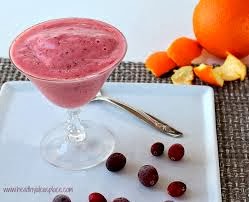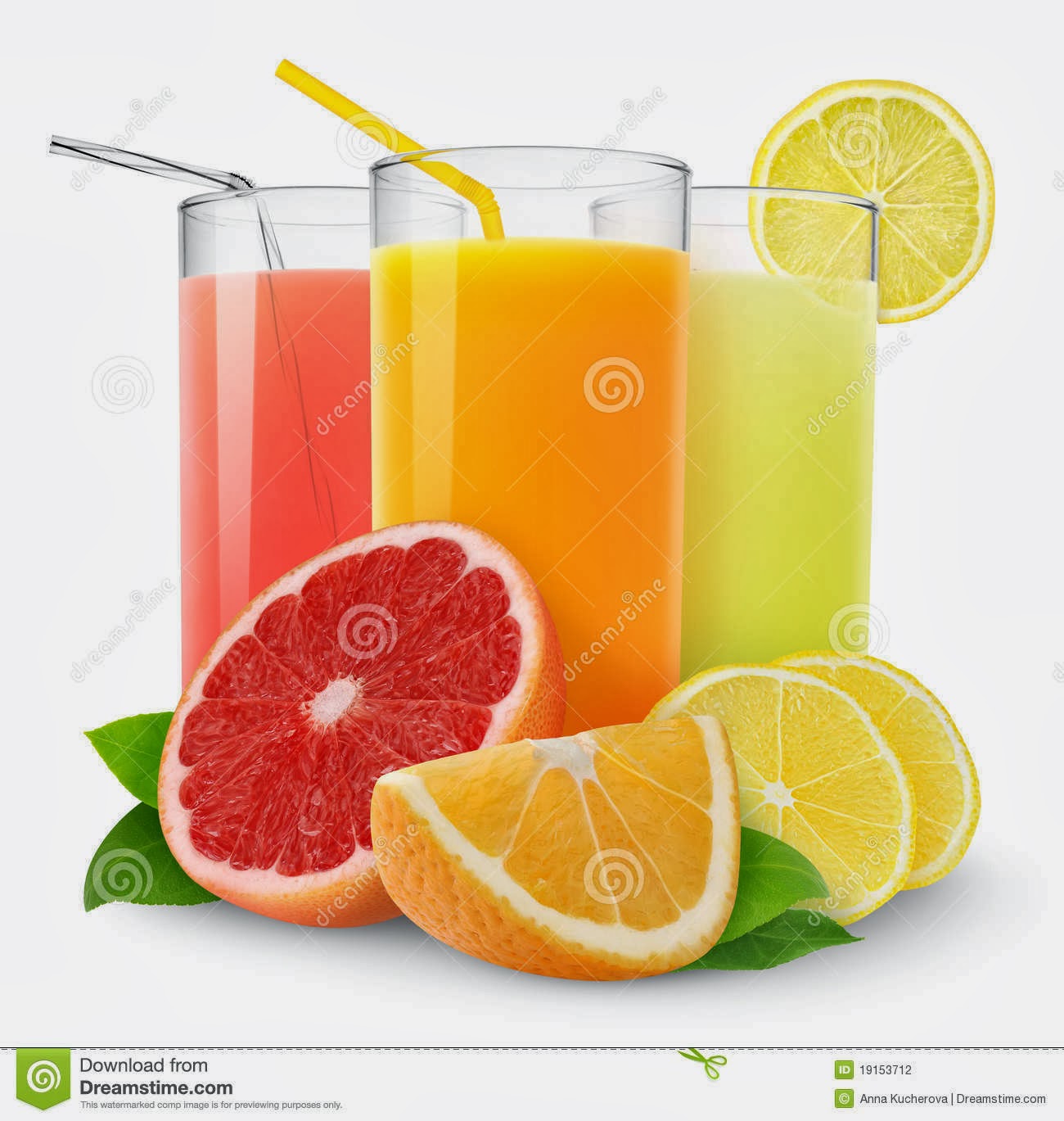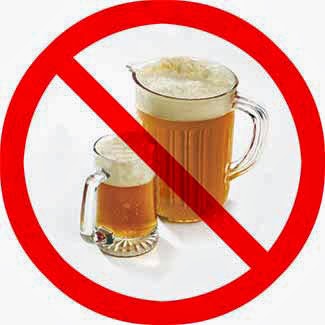Every year, 17th May is dedicated to World Hypertension Day (WHD). The purpose of the WHD is to promote public awareness of hypertension
and to encourage citizens of all countries to prevent and control this
silent killer.
The WHD was first inaugurated in May 2005 and has become an annual event ever since.
The theme for 2014 is "Know your Blood Pressure"
Everybody has and needs blood pressure. Without it, blood can't circulate through your body. And without circulating blood, your vital organs can't get the oxygen and food they need to work. That's why it's important to know about blood pressure (BP) and how to keep it in the proper range.
Your heart beats about 60 to 80 times a minute under normal conditions. Your BP rises on contractions and falls when your heart relaxes between beats. Your BP can change from minute to minute with changes in posture, exercise or sleeping.
What is Blood Pressure (BP)?
Two numbers are recorded when measuring your blood pressure, such as 117/78 mm Hg (millimeters of mercury). The top or larger number (systolic pressure) measures the pressure in your arteries when your heart beats. The bottom or smaller number (diastolic pressure) measures the pressure while your heart rests between beats.
Normal BP is below 120/80 mm Hg. BP of 120-139/ 80-89 is considered "prehypertension". If you are an adult and your BP is 140/90 Hg or higher, you have high BP. If you have diabetes or kidney disease, your doctor will want your BP to be lower than 130/80 mm Hg. If your BP goes above this threshold and stays there, you have high BP. Your doctor may take several readings over time before making a judgment about high BP.
What causes High BP?
High BP, also called hypertension, isn't nervous tension. People who have high BP don't have to be tensed, compulsive or nervous. In fact, you can have high BP and not know it. High BP usually has no symptoms. That's why it's called the "silent killer".
About 90-95 percent of the cases of high BP have no known cause. But some factors increases your chances of developing this disease. These are called risk factors.
Risk factors you can control:
Risk factors you can't control:
Can you tell when your BP is high?
No, definitely not. High BP usually has no symptoms. In fact, many people have it for years without knowing it. That's why, it's so dangerous. The only way to find out if you have this disease is to have your BP measured.
Can high BP damage your body?
Yes! It can hurt your body in many ways. Mainly it adds to the workload of your heart and arteries. Because your heart must work harder than normal for a long time, it tends to get bigger. A slightly enlarged heart may still work well, but if it's enlarged very much, it may have a hard time meeting your body's demands.
As you grow older, your arteries will harden and become less elastic. This occurs in all people, regardless of BP. But having high BP tends to speed up this process.
High BP increases your risk of stroke. It can also damage your kidneys and eyes. Compared with people with controlled high BP, people with uncontrolled high BP are
If you have high BP, follow your doctor's advice. Most high BP can't be cured, but it usually can be controlled. And it's effects can be prevented or reduced- if it's treated and controlled early and kept under control.
What can be done about high BP ?
Most treatments for high BP rely on some combination of losing weight, diet, regular physical activity and medication.
Diet
A Registered Dietician could be consulted to prepare you start or follow a diet that will help to reduce blood pressure and control weight. It will include eating more fruit and vegetables, whole-grain cereals, pulses, less salty snacks, fried food and fatty meat.
Weight Reduction
Many people with high BP are also overweight. If that's true of you, your dietician can prescribe a diet for you. Often when people lose weight, their BP drops automatically. Being overweight is a risk factor for heart disease. By losing weight you'll help your BP and help yourself stay healthy in other ways too.
If you're given a diet, follow it closely, including advice about alcohol consumption. Alcoholic drinks are low in nutrients and high in calories, so if you're trying to lose weight, avoid them.
Sometimes eating less sodium can help lower BP. If this might help you, your doctor will recommend a low-salt diet. This means you'll have to...
The WHD was first inaugurated in May 2005 and has become an annual event ever since.
The theme for 2014 is "Know your Blood Pressure"
Everybody has and needs blood pressure. Without it, blood can't circulate through your body. And without circulating blood, your vital organs can't get the oxygen and food they need to work. That's why it's important to know about blood pressure (BP) and how to keep it in the proper range.
Your heart beats about 60 to 80 times a minute under normal conditions. Your BP rises on contractions and falls when your heart relaxes between beats. Your BP can change from minute to minute with changes in posture, exercise or sleeping.
Two numbers are recorded when measuring your blood pressure, such as 117/78 mm Hg (millimeters of mercury). The top or larger number (systolic pressure) measures the pressure in your arteries when your heart beats. The bottom or smaller number (diastolic pressure) measures the pressure while your heart rests between beats.
Normal BP is below 120/80 mm Hg. BP of 120-139/ 80-89 is considered "prehypertension". If you are an adult and your BP is 140/90 Hg or higher, you have high BP. If you have diabetes or kidney disease, your doctor will want your BP to be lower than 130/80 mm Hg. If your BP goes above this threshold and stays there, you have high BP. Your doctor may take several readings over time before making a judgment about high BP.
What causes High BP?
High BP, also called hypertension, isn't nervous tension. People who have high BP don't have to be tensed, compulsive or nervous. In fact, you can have high BP and not know it. High BP usually has no symptoms. That's why it's called the "silent killer".
About 90-95 percent of the cases of high BP have no known cause. But some factors increases your chances of developing this disease. These are called risk factors.
Risk factors you can control:
- Obesity - People with a body mass index (BMI) of 30.0 or higher are more likely to develop high BP.
- Eating too much salt- This increases BP in some people
- Alcohol- heavy and regular use of alcohol can increase BP dramatically.
- Lack of exercise- An inactive lifestyle makes it easier to become overweight and increases the chance of high BP.
- Stress- This is often mentioned as a risk factor. However, stress levels are hard to measure, and responses to stress vary from person to person.
Risk factors you can't control:
- Race- e.g. African Americans develop high BP more often than Caucasians do, and it tends to occur earlier and be more severe.
- Heredity- A tendency to have high BP runs in families. If your parents or other close blood relatives have it, you are more likely to develop it.
- Age- In general, the older you get, the greater your chance of developing high BP. It occurs most often in people over age 35. Men seem to develop it most often between age 35 and 50. Women are more likely to develop it after menopause.
Can you tell when your BP is high?
No, definitely not. High BP usually has no symptoms. In fact, many people have it for years without knowing it. That's why, it's so dangerous. The only way to find out if you have this disease is to have your BP measured.
Can high BP damage your body?
Yes! It can hurt your body in many ways. Mainly it adds to the workload of your heart and arteries. Because your heart must work harder than normal for a long time, it tends to get bigger. A slightly enlarged heart may still work well, but if it's enlarged very much, it may have a hard time meeting your body's demands.
As you grow older, your arteries will harden and become less elastic. This occurs in all people, regardless of BP. But having high BP tends to speed up this process.
High BP increases your risk of stroke. It can also damage your kidneys and eyes. Compared with people with controlled high BP, people with uncontrolled high BP are
- three times more likely to develop coronary heart disease.
- six times more likely to develop congestive heart failure.
- seven times more likely to have a stroke.
If you have high BP, follow your doctor's advice. Most high BP can't be cured, but it usually can be controlled. And it's effects can be prevented or reduced- if it's treated and controlled early and kept under control.
What can be done about high BP ?
Most treatments for high BP rely on some combination of losing weight, diet, regular physical activity and medication.
Diet
A Registered Dietician could be consulted to prepare you start or follow a diet that will help to reduce blood pressure and control weight. It will include eating more fruit and vegetables, whole-grain cereals, pulses, less salty snacks, fried food and fatty meat.
Weight Reduction
Many people with high BP are also overweight. If that's true of you, your dietician can prescribe a diet for you. Often when people lose weight, their BP drops automatically. Being overweight is a risk factor for heart disease. By losing weight you'll help your BP and help yourself stay healthy in other ways too.
If you're given a diet, follow it closely, including advice about alcohol consumption. Alcoholic drinks are low in nutrients and high in calories, so if you're trying to lose weight, avoid them.
Sometimes eating less sodium can help lower BP. If this might help you, your doctor will recommend a low-salt diet. This means you'll have to...
- Avoid salty foods such as pickles, processed foods, baked foods etc.
- Cut down on how much salt you use in cooking and at the table.
- Start reading package labels regularly to learn about the sodium content of prepared foods.
- Use different herbs and spices as seasonings and make your meal tasty.
Don't make major changes in your diet without first getting proper medical advice and once a diet has been prescribed for you, stick to it.
Physical activity
Don't be afraid to be active. Physical activity should be part of your daily routine. It helps to reduce BP and it can even help you lose weight or stay at your best weight.
Your doctor can suggest the best kind of exercise program for you. Whatever physival activity you enjoy, be it brisk walk, yoga, aerobics, swimming, running etc...do it regularly to keep your BP and weight under control.
Medication
Some people need medication to help them reduce high BP. Many drugs are available for this. Some get rid of excess fluid and salt, others open up narrowed blood vessels and still others prevent blood vessels from constricting and narrowing.
But, please remember, don't follow your friend's or relatives prescription, you need to consult your Physician who would recommend the right drug for you. What drug is prescribed for your relative/ friend will not necessarily work for you. Please consult your doctor for the right medicine and dosage.
Medicines lower high BP in most cases. But every person reacts differently to medication. You may need a trial period before your doctor finds the best medicine for you.
Know these important points about any prescribed medication:
- the name of the medication
- What it's supposed to do
- how often to take it
- how long to take it
- how to store it (does the medicine need to be in a cool place?)
- if there's a specific time of day it should be taken
- if you need to avoid foods, drinks,other medications or activites while on the drug
- what results, reactions or side effects you might expect from the medication and what to do if you have reactions or side effects
- what to do incase you miss a dose
- if the medication can cause any side effects if you are pregnant
- what to do if you get sick or have to get hospitalised
An important point to remember is which ever medicine doctor has prescribed for you to lower your BP, you have to continue and not stop taking it at your will and especially if your BP has lowered down. This has happened because of the medication. So, the treatment has to be continued over a lifetime for good results.
Periodic check ups with your physician is a must to keep checking your BP. Depending on your readings, the medicine dose could be regulated.
What about side-effects?
Some of the drugs can affect certain functions of the body resulting in bad side-effects. Drugs that lower BP have proven effective over the years. The benefits of using them far outweigh the risk of side-effects. However, the physician usually changes the medicine when you report to him any side-effects.
How can you help yourself?
It takes a team to treat your high BP successfully. Your doctor can't do it alone, and neither can you. You've got to work together.
Even so, you can do more than anyone else to bring your blood pressure under control and keep it there.
You can help yourself if you....
- Keep appointments with your doctor - this will help everyone monitor your blood pressure program amd make any adjustments to keep your BP under control.
- Take prescribed BP drugs as directed- if you don't feel well after taking a medication, tell your doctor how you feel. This will help your doctor adjust your treatment to avoid those side-effects.
- Follow medical advice about diet and physical activity - make an effort to lose weight if it's recommended. Make changes in your lifestyle if needed.
- Remind yourself that as long as you and your team of health advisors work together, you can control your BP.
Conclusion:
High BP is a lifelong disease. It can be controlled but not cured. Once you begin to manage it and start a treatment program, maintaining a lower BP is easier. By controlling your high BP, you'll lower your risk of diseases like stroke, heart attack, heart failure and kidney disease.
You Can Do It !!
Reference: American Heart Association - Understanding and controlling your High Blood Pressure.
